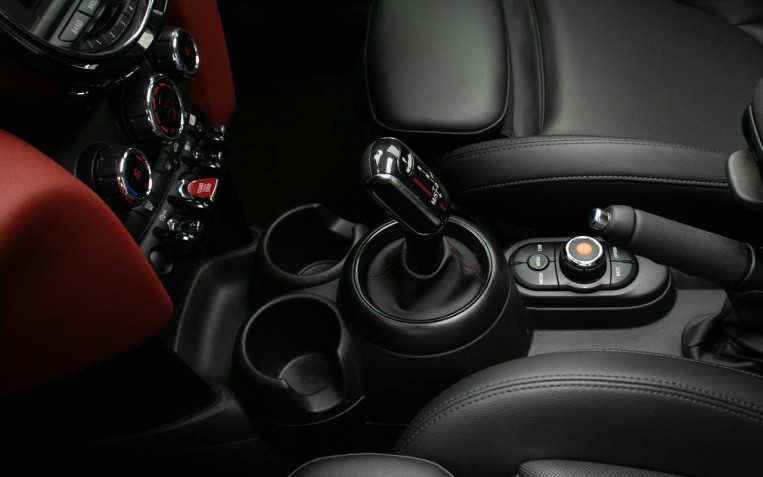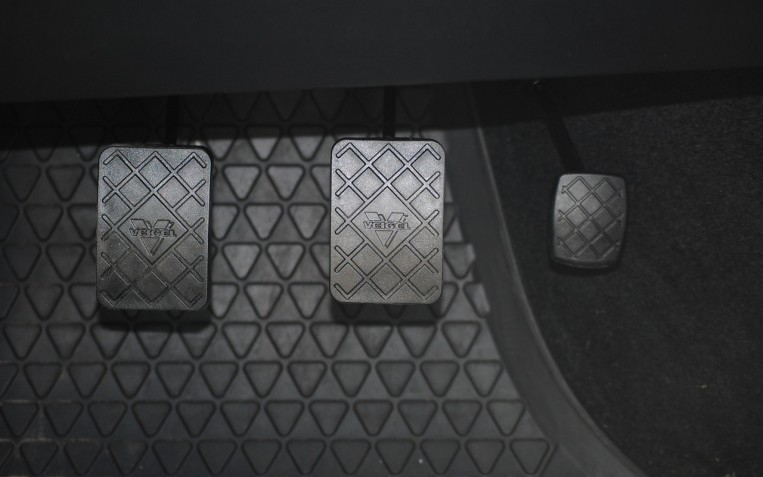What are anti-lock brakes?

Anti-lock brake system, also known in short as ABS, is a safety feature found in most modern cars. It allows a car to maintain control and stability when braking at high speeds by preventing the wheels from locking when the brakes are pressed suddenly or too hard. They also allow the driver to keep control of steering the car during braking.
The anti-lock braking system is particularly useful when braking on icy or wet roads, as this is when vehicles are more likely to skid on the road’s surface – helping to keep safe on the road and avoid loss of control.
How do anti-lock brakes work?
ABS works by using speed sensors to track the rotation of the wheels. As the brakes begin to stop rotating, a signal is sent to the electric control unit (ECU) which gradually releases the brake pads from the wheels through pumps and valves, allowing the wheel to continue rotating.
What are the components of anti-lock brakes?
Anti-lock braking systems are made up of four key components. These include:
Valves – the valves control how much pressure is in each brake line, so it can ease pressure if it is too high.
Pump – when the valves ease pressure in the brake line, the pump is able to increase the pressure back up again.
Speed sensors – the sensors are able to warn the system when a wheel is about to lock-up.
Controller – this is a computer system in the vehicle that controls the valves and monitors the speed sensors.
Are anti-lock brakes different to regular brakes?
Anti-lock brakes and regular brakes are two different types of braking systems. Though they both use calipers to stop the car by applying pressure, they both work differently.
Regular brakes are a simplified system compared to ABS. They rely on the driver to apply the right amount of pressure to the brakes themselves. If too much pressure is applied to the brake, the wheels can lock-up which can cause a loss of control.
Anti-lock brakes use a computer-controlled system that can monitor the speed of the wheels to then apply and release pressure to the brakes when needed. If a driver applies too much pressure to the brakes, the ABS will prevent the wheels from locking up which can cause skidding and a loss of control over the vehicle.
What is the ABS warning light?
If you see the ABS warning light appear on your vehicles dashboard, it does not mean the anti-lock braking system is activated. It appears to tell the driver that the system may not be working as it should and can affect traction control and stability control of the vehicle.
If the ABS light is visible when going for an MOT test, you will automatically fail your MOT test, so it is important to check your vehicle handbook to find out more about the warning light and what it means. Whilst it is safe to continue driving when the ABS light appears, we recommend taking your car to a mechanic as soon as possible to find the underlying problem.
It’s important to regularly check and inspect your brake system as part of routine maintenance to highlight any potential issues before they turn into a major problem. At PTA, we offer free brake checks as well as carrying out any brake repairs and replacements by our expert team at competitive prices. Whatever your vehicle needs, find your nearest centre today or contact us here.
Related Content

Should I have soft or stiff suspension springs for my vehicle?
Suspension springs are essential for maintaining your vehicle’s stability and ride height. Over time, the springs will succumb to wear and tear, which affects how your car handles, brakes and accelerates on the road. Discover whether you should...

What is engine braking?
Engine braking involves taking your foot off the accelerator pedal, allowing your car to slow down. Over time, the parts on your vehicle’s braki...

A guide to the different types of car clutches
The clutch is responsible for channelling the power from the engine, through to the gearbox, and the wheels. Your vehicle's clutch will differ dependi...

